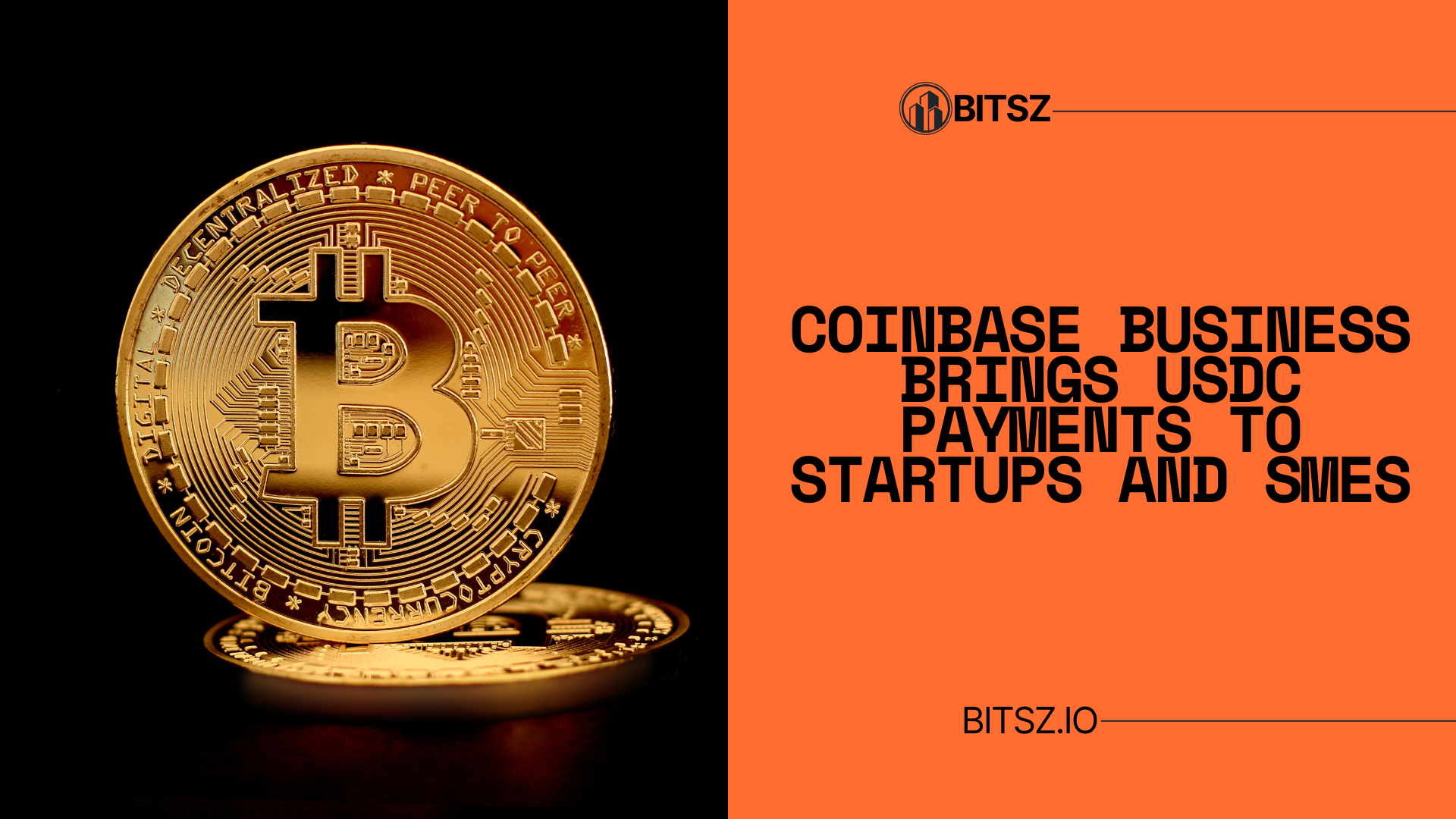
Coinbase has rolled out Coinbase Business in Singapore—its first international market outside the U.S.—aimed squarely at startups and small-to-medium businesses that want faster, lower-cost stablecoin payments and on-chain finance tools. The company framed the launch as a natural next step after introducing the product suite earlier this year.
What launched: payments, links, and global payouts
Coinbase says the business suite lets companies send and receive USDC, spin up payment links, and automate global payouts with near-instant settlement and no chargebacks—features designed to make cross-border vendor payments as simple as sending an email. These capabilities were highlighted in Coinbase’s product posts and on the dedicated Coinbase Business page. In short: it’s a crypto operating account that bundles payments, asset management, and APIs under one roof.
For Singapore specifically, the company is leaning on USDC rails to help teams pay contractors, suppliers, and remote staff without the friction of traditional cross-border wires. That “faster, programmable” angle is the pitch: fewer intermediaries, instant settlement, and a single dashboard for reconciliation.
Why Singapore first: licensing, rails, and a crypto-savvy base
Coinbase’s Singapore push rests on solid regulatory footing. In October 2023, Coinbase Singapore obtained a Major Payment Institution (MPI) license from the Monetary Authority of Singapore (MAS), allowing it to expand digital payment token services to retail and institutions. The MAS directory confirms Coinbase Singapore Pte. Ltd. as an MPI—key for offering fiat and token services at scale.
The company has also built a local tech footprint. In 2024, Coinbase announced a Singapore engineering hub with support from the Economic Development Board, underscoring APAC as a development and payments gateway. That groundwork—talent, compliance, and banking rails—helps explain why Coinbase Business Singapore is the first stop in its international rollout.
What Singaporean businesses actually get
- Instant USDC payments & global payouts: Send USDC to vendors or remote teams with near-instant settlement; no chargebacks.
- Payment links: Generate links so customers can pay online without heavy integration.
- Unified dashboard & APIs: Automate payouts and bookkeeping from one place; connect to popular accounting tools.
- Crypto asset management: Hold, buy, sell, and manage working capital in supported assets within a business account.
Singapore’s payments posture and Coinbase’s global plan
The move fits Singapore’s ambition to be a digital finance hub with clear rules. MAS’s MPI framework is the foundation; Coinbase has repeatedly cited Singapore’s policy clarity and Web3 ecosystem depth as reasons to scale here first. Investopedia’s coverage of the MPI approval noted Singapore’s large Web3 footprint and high local crypto awareness—signs the user base is ready for crypto-native business payments.
It also aligns with Coinbase’s “go deep where we’re licensed” strategy: after a spree of registrations in key markets through 2023–2024, the company has been localizing products country by country rather than pushing a one-size-fits-all app.
Competitive angle: why this matters beyond crypto natives
In Asia, traditional banks and fintechs are racing toward tokenized money and programmable settlement. Singapore’s ecosystem—from instant-payment rails to bank-led tokenization pilots—has become a proving ground for on-chain finance. Launching Coinbase Business here lets the exchange pitch USDC-powered accounts to mainstream SMEs, not just crypto firms, at a time when programmable payouts and multi-currency flows are moving into the enterprise stack.
Conclusion
For Coinbase, launching Coinbase Business in Singapore checks several boxes at once: a licensed market, a banking partner for real-time SGD transfers, and a customer base that’s already comfortable with stablecoins. For founders and finance teams, it introduces a regulated way to pay and get paid in USDC, automate cross-border flows, and keep the books tidy—all without leaving a brokerage-style environment. If adoption grows beyond crypto-native companies, this could be a milestone in taking USDC payments from Web3 niche to SME standard in Asia.